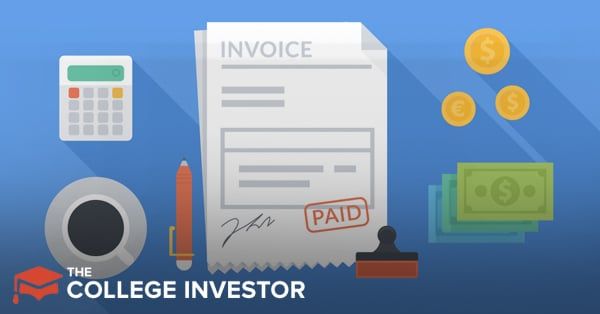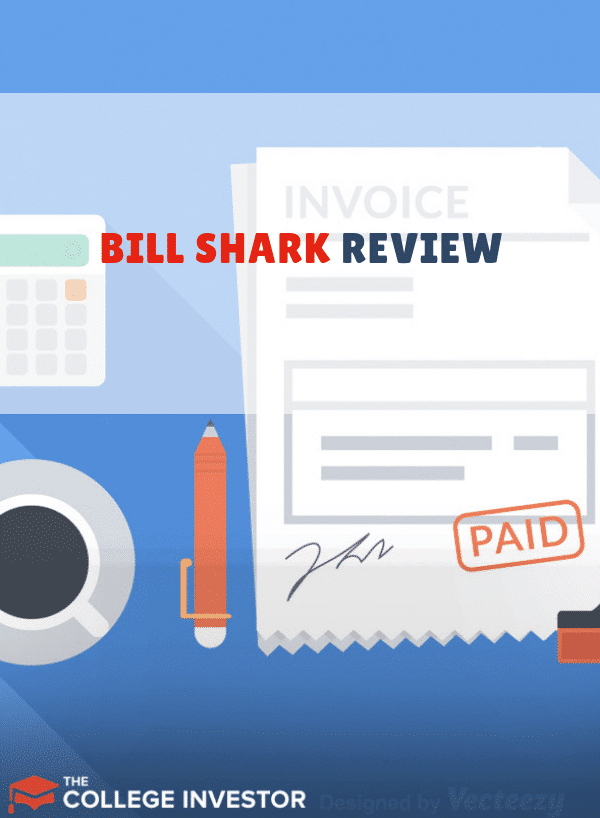
BillShark is another bill negotiation tool that can help you lower your bills. Since most people don't keep an eye on their monthly subscriptions (like cable or cell phone costs), using a service like BillShark could be useful.
But using BillShark comes at a price. They do charge you based on how much they save you - which eats into your savings. If you wouldn't have taken action before, this may be fine. But if you're torn between doing it yourself or using a tool, it could be hard to decide.
Let's dive into BillShark and see how they compare in our BillShark review.
Who Is BILLSHARK?
BILLSHARK was founded in 2015 and is located in Hopkinton, MA (southwest of Boston). BILLSHARK helps negotiate down monthly bills for individuals and businesses. The CEO of BILLSHARK is Steve McKean.
BILLSHARK is backed by Shank Tank star Mark Cuban. BILLSHARK’s goal is to save consumers and small businesses more than $2.7 billion by 2025.
“We were fortunate to meet Mark and he loved our practical service as well as the potential for our platform,” said Steve McKean in a press release. “Monthly subscription bills creep-up [sic] over time, seemingly without reason, and Americans overpay for these services by about $50 billion per year. Mark provides unmatched expertise in partnerships, product development and marketing.”
“Companies that save their customers both time and money always catch my attention,” said Mark Cuban in the same press release. “Billshark eliminates the stress of negotiating or cancelling a bill, so its customers can focus on more productive and long-term goals.”
BILLSHARK has been accredited with the Better Business Bureau since 8/31/2016. They have an A+ rating with an average of 4.5 stars out of 122 customer reviews.
What Do They Offer?
For a fee, BILLSHARK will negotiate savings on your monthly bills. If they can’t negotiate any savings for you, you don’t pay. BILLSHARK claims to have an 85% success rate.
Most of us know we can negotiate lower rates on our bills. So why don’t more of us try? Mainly because we think we won’t be successful, it takes a lot of time, and confrontation isn’t exactly an enjoyable experience.
BILLSHARK takes this task off your hands. They are professional bill negotiators and have experience negotiating savings on monthly bills at top companies such as Cox, ADT, Comcast, Time Warner, DirecTV, Verizon, and many more.
If you don’t want to hassle with someone over a lower rate, you don’t have to. Spending money on something you can’t stand doing (i.e., negotiating on bills) while getting back time seems like a good deal.
The way BILLSHARK works is you open an account with them, download their mobile app, snap photos of your bill, then upload them to BILLSHARK. You’ll input some info about you as well. BILLSHARK will ask what parts of your bill are okay to negotiate on. You might need to provide them with the PIN to your bill account. Be sure to change the PIN once everything has been negotiated.
Once BILLSHARK has everything they need, negotiations begin. After a successful negotiation, you’ll get an email or phone call from BILLSHARK letting you know how much you saved, when those savings will go into effect, and you’ll get a detailed listing of where you saved money on your bill. A BILLSHARK invoice will follow as well.
If you’d like to get an idea of what you can save, there is a savings calculator link in the top menu of BILLSHARK’s website. According to the calculator, on a $150/month cable bundle, you can save an estimated $324/year.
BILLSHARK has a mobile app for you to snap photos of your bill and upload them to their website. The app is available for Android and iOS.
Are There Any Fees?
Yes — BILLSHARK charges 40% of the amount they save you. For example, if BILLSHARK saves you $100, you pay them $40, for a total savings of $60. BILLSHARK may negotiate one-year or two-year contracts.
BILLSHARK’s fee is based on savings only during the associated contract period. In other words, they can’t keep charging you for savings over the lifetime you have service with a company.
There is a payment plan available in the case BILLSHARK is able to save you a lot but you also have to pay a lot for their fee. The payment plan is a one-time $9 fee for spreading the savings fee over two or six months.
How Do I Open an Account?
You can open an account at https://www.billshark.com.
Is My Money/Information Safe?
Yes — BILLSHARK uses standard 256-bit encryption on their website. As for data from bills, BILLSHARK says it employs security best practices for treatment of customers’ data. Employees have limited access to customer data and no third parties have access.
Is It Worth It?
Yes — trying BILLSHARK doesn’t cost anything once you factor in that any savings will pay for the fee. If BILLSHARK can’t negotiate a lower bill for you, you aren’t out anything.
You can see how they compare to other tools like TrueBill and BillBargain.
Be clear on what you want BILLSHARK to negotiate on. If you don’t want to go into a two-year contract, even if it saves you more, let BILLSHARK know. Overall, BILLSHARK seems to be a reputable company with a staff that knows how to lower monthly bills.
BillShark Review
-
Commission and Fees
-
Customer Service
-
Ease of Use
Overall
Summary
BillShark is a tool that helps you negotiate lower monthly bills for individuals and businesses.
Pros
- Easy way to identify and find savings
- You only pay if they save you money
Cons
- It can be shocking to see the 40% commission of the savings come out of your account all at once.

Robert Farrington is America’s Millennial Money Expert® and America’s Student Loan Debt Expert™, and the founder of The College Investor, a personal finance site dedicated to helping millennials escape student loan debt to start investing and building wealth for the future. You can learn more about him on the About Page or on his personal site RobertFarrington.com.
He regularly writes about investing, student loan debt, and general personal finance topics geared toward anyone wanting to earn more, get out of debt, and start building wealth for the future.
He has been quoted in major publications, including the New York Times, Wall Street Journal, Washington Post, ABC, NBC, Today, and more. He is also a regular contributor to Forbes.
Editor: Clint Proctor Reviewed by: Chris Muller

